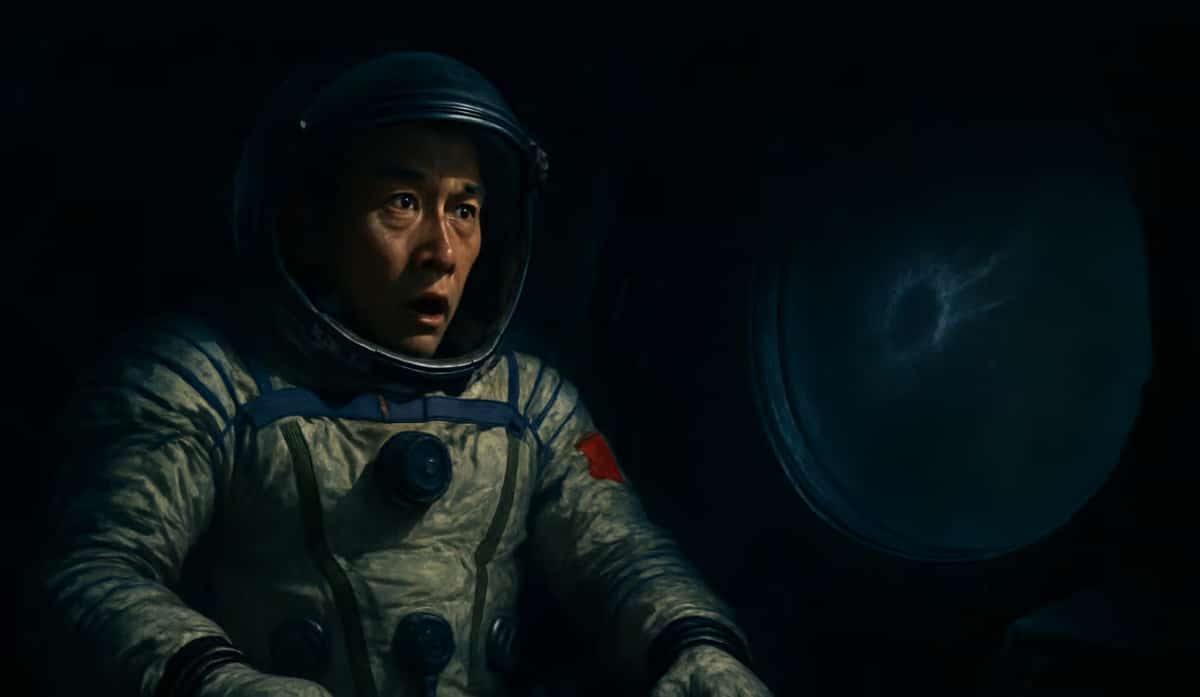When Yang Liwei boarded China’s first human spaceflight, he expected science, silence, and maybe a stunning view of Earth. What he didn’t expect—340 kilometers above the planet—was a strange, persistent sound echoing through his capsule.
His mission, Shenzhou 5, would go down in history. But one moment, in particular, would haunt not just Yang, but future taikonauts as well.
Yang Liwei’s historic flight takes a strange turn
On October 15, 2003, China launched its first astronaut into space. Alone aboard the Shenzhou 5, Yang entered orbit and spent over 21 hours running experiments, observing Earth, and testing how the human body responds to weightlessness.
Then, out of nowhere—an eerie knock.
“It sounded like someone was hitting the ship,” he said later. “Like a wooden hammer on an iron bucket.” He peered out the porthole: nothing. No debris. No spacecraft. No movement. And thankfully, no aliens.
After a bumpy return to Earth, Yang reported the incident and even tried to recreate the sound in a lab. But whatever caused it, no one could reproduce it.
The story spread fast. Was it a malfunction? A minor collision? Something more… extraterrestrial? No theory could be proven.
The unexplained sound: a mystery in orbit
Strangely enough, Yang wasn’t the last to hear it. Astronauts on Shenzhou 6 and 7 also reported a similar knocking noise. So, what could it be?
Experts ruled out sounds from space itself—sound waves can’t travel in a vacuum. And it’s unlikely someone or something physically struck the ship.
So what’s left? According to Wee-Seng Soh, a space systems expert at the National University of Singapore, the most logical answer is thermal stress. The spacecraft might have expanded or contracted as it passed through zones of extreme temperature fluctuation during its orbit.
Even so, the event remains unexplained—one of the many small mysteries that spaceflight continues to deliver.
One unexplained knock, and a legend is born
It may have been just a sound. But it became something more: a moment that added mystery to China’s proud entrance into human space exploration. And for Yang Liwei, it’s a story that—twenty years later—still echoes.

Angèle Ingrand
Science journalist
Fascinated by nature and zoology since childhood, this journalist chose to share her passion through journalism after completing her biology studies. Now in her third year at the journalism school in Cannes, she works at Futura, where she is dedicated to making science accessible and raising public awareness of environmental issues.


